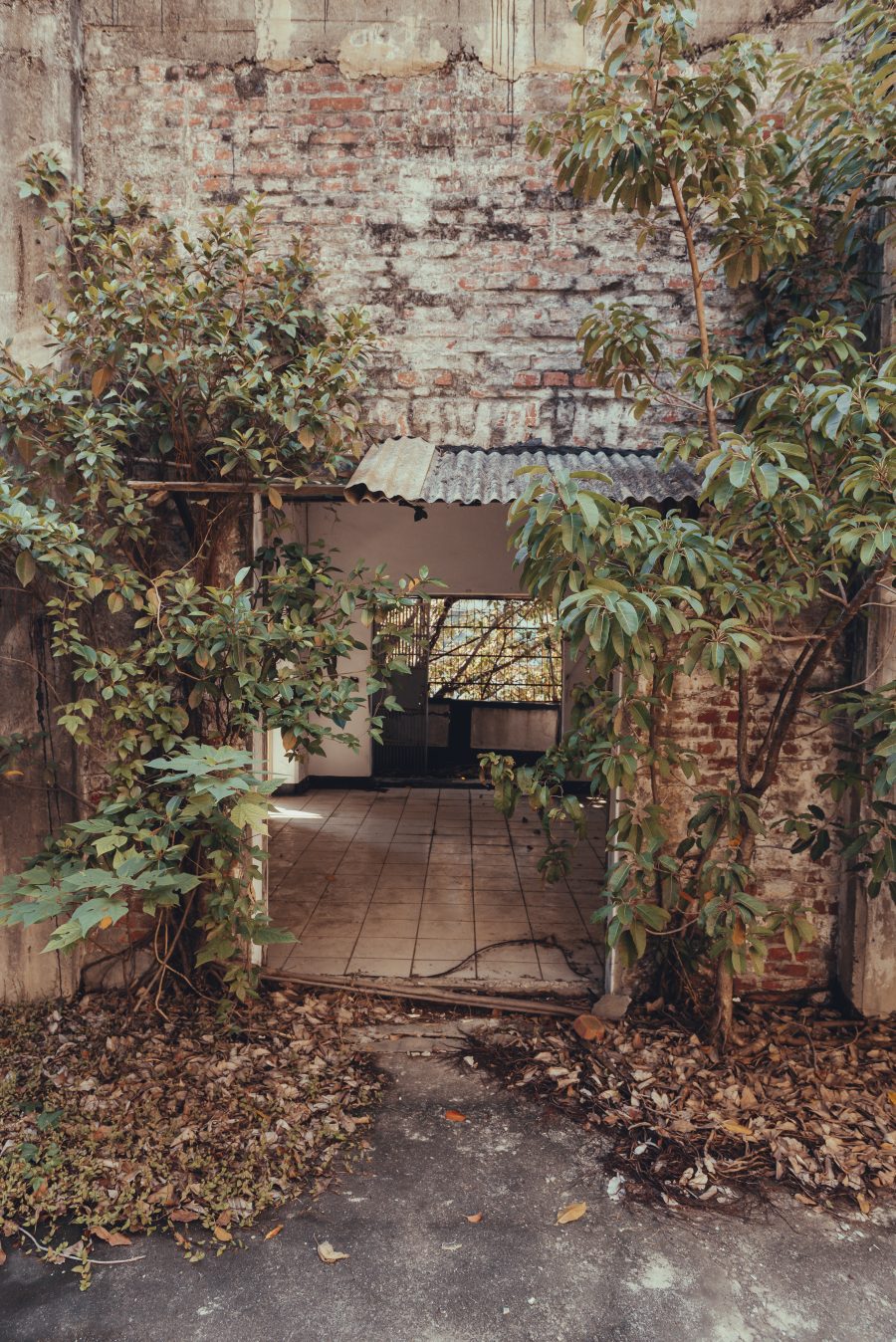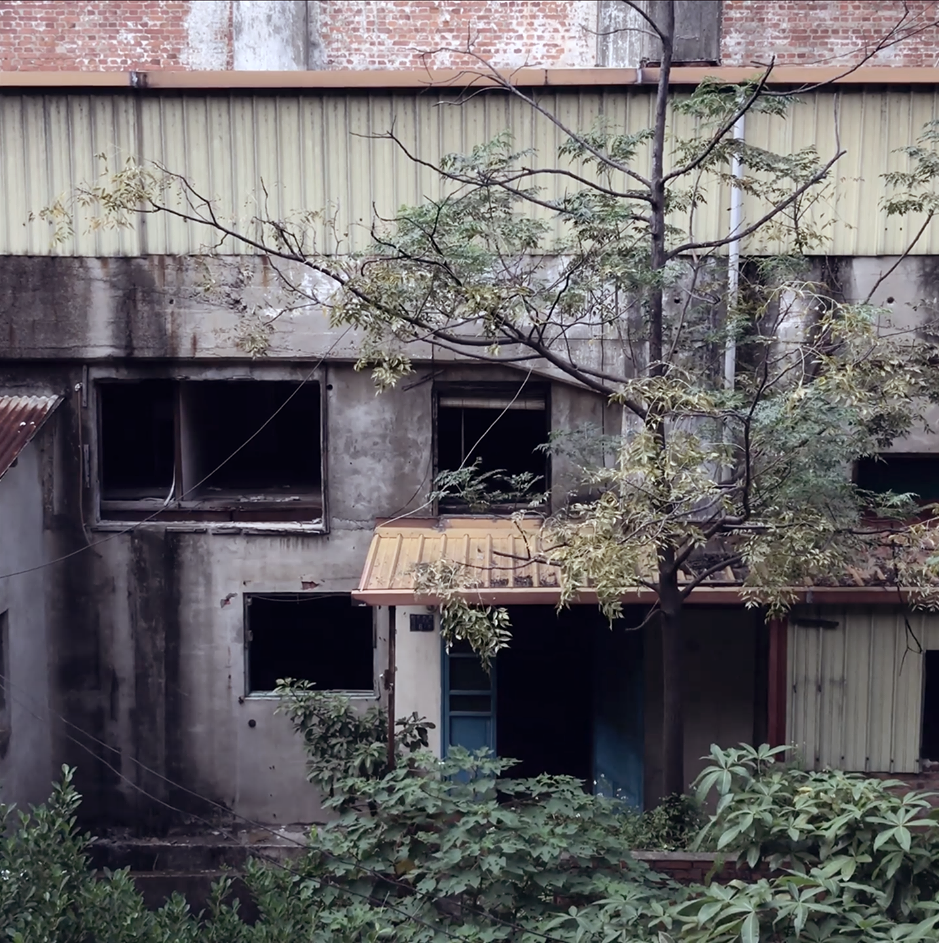文——劉紀蕙
交通大學文化研究國際中心主任
交通大學社會與文化研究所講座教授
By Joyce Chi-Hui Liu
Director,International Center for Cultural Studies, NCTU
Chair, Graduate Institute for Social Research and Cultural Studies, NCTU
《原諒.遺忘》“For-giving.For-getting”,與《無/非 紀念碑》“Nonuments ”,這兩組十分具有歷史悖論的概念,在這次「六燃國際互動劇場」的策展中充分顯現其張力。
新竹六燃遺址疊合了不同的歷史衝突與戰爭記憶。這個空間曾經是太平洋戰爭中作為日本南進政策中大規模建設軍事工業的海軍燃料廠,也是戰後國民政府空軍工程聯隊從大陸撤退來台的傷病療養所、軍隊操練所,而後改為眷村聚落。此處匯聚了戰爭理念相互對立的人群,也滋養了幾代人的生命與情感。
正如本次劇場製作人暨藝術總監賴雯淑教授所提出的想法,透過藝術實踐、人文反思以及科技智慧,這個新竹六燃大煙囪廠房基地已經成為了一座可以不斷激發創造力的活的博物館。在一次又一次的文件展、質疑性設計、3D動畫藝術製作、劇場策展的過程中,這個空間可以持續活化在地的生活與思想。
新竹處處都有日本殖民以及太平洋戰爭時期的痕跡–新竹六燃作為日本殖民時期南進政策的戰地據點,新竹機場作為神風特攻隊的出發基地,「有樂館」(影像博物館)是神風隊員出任務之前飲酒作樂的場所,新竹麗池公園「自治館」(玻璃藝術館)是招待日本皇族巡視台灣的行館,新竹靖廬是原本新竹神社的神樂殿新竹火車站、市政府。。。。
過去的歷史多半已經被人們遺忘,更不要說環繞這些歷史遺跡而亡故的人們,他們的溫柔或是仇恨,以及曾經激發的各種創造性文化與熱情。
遺忘,是不承認曾經存在者的生命。
我們要如何面對並且接納曾經烙印在台灣人生命中的歷史痕跡?
要如何抗拒「去-記憶」(dis-remember)的頑固否認,卻又不至於豎立一個替代物,一個遮蔽歷史真實的紀念碑?
如何抗拒重新記憶而執行的片面評判?
如何重新觸碰記憶,而能夠釋放被囚禁的仇恨軀體,給予真實的原諒?
此次賴雯淑教授所主持的跨領域藝術團隊與德國後劇場團隊合作而推出的《原諒.遺忘》與《無/非 紀念碑》互動劇場展演,帶領觀眾進入了這個活隱喻的空間,思考這個記憶/遺忘的歷史悖論所帶來的困難問題。讓大家充滿期待。
Headlining the Sixth Fuel Factory Interactive Theater, for-getting.forgiving and mnonuments are paradoxes of history incarnate having dramatic tension.
The historical relic of the Imperial Japanese Navy’s Sixth Fuel Factory in Hsinchu is a place where different historical conflicts and wartime memories overlapped. More specific, it used to be a fuel factory of the Imperial Japanese Navy, serving as a part of the large-scale military infrastructure propelled by nanshin-ron (the Southern Expansion Doctrine) in the Empire of Japan during the Pacific War. After the Nationalist government retreated from China in the early post-war era, this place was repurposed for a military medical center and training site for the Air Force Engineering Wing, and a military dependents’ settlement later. Within this historical context, military opponents from different times converged upon this place where several generations of dwellers could physically and mentally survive and thrive.
Just as the idea proposed by Wen-Shu Lai, the producer and artistic director of the interactive theater, the big chimney factory in Hsinchu has become a living museum capable of stimulating great creativity by means of artistic practice, humanistic reflection, and smart technology. This place will continue to revitalize the local life and encourage original ideas with the assistance of the Sixth Fuel Factory Documenta, interrogative design, 3D animation, and interactive theater.
Traces left by the Japanese colonization and the Pacific War are ubiquitous in Hsinchu. When Taiwan was under Japanese rule, the Sixth Fuel Factory was a stronghold for the Japanese Southern Expansion Doctrine. The Hsinchu Airport was a base of the Japanese Kamikaze Special Attack Unit, and the Yule Theater (now the Image Museum of Hsinchu City) was an entertainment venue for the Kamikaze aviators before they executed their missions. The Autonomous Chateau in the Lichi Park (now the Glass Museum of Hsinchu City) was a place for the lodging and resting of Japanese royal family when they visited Taiwan. Jinglu was previously the Kagura Hall of the Shinto shrine in Hsinchu. The Hsinchu railway station and the city government building are also part of the legacies from the Japanese colonial period.
Most historical events have been consigned to oblivion, let alone the dead revolving around these historical relics, together with their tenderness or hatred as well as their inspired creative cultures and passions.
“Forgetting” implies denying the lives of those who once existed.
How should we confront and accept the historical imprints on the lives of Taiwanese people?
How should we resist the firm denial from “dis-remembering” without erecting a substitute—a monument that obscures the real history?
How should we resist the arbitrary judgements made during the process of “remembering”?
How should we approach those memories insofar as to liberate ourselves from deep hatred and show our complete forgiveness?
In collaboration with the post theater from Germany, the transArt NCTU team led by Prof. Wen-Shu Lai presented the Sixth Fuel Factory Interactive Theater with for-getting.forgiving and mnonuments as its two pieces of performance, thereby immersing the spectators in a fantastic space of living metaphors and urging them to consider the thorny issues arising from the paradoxes between remembering and forgetting. Whatever one thinks of the final thesis, the journey here is definitely worth the ride.

